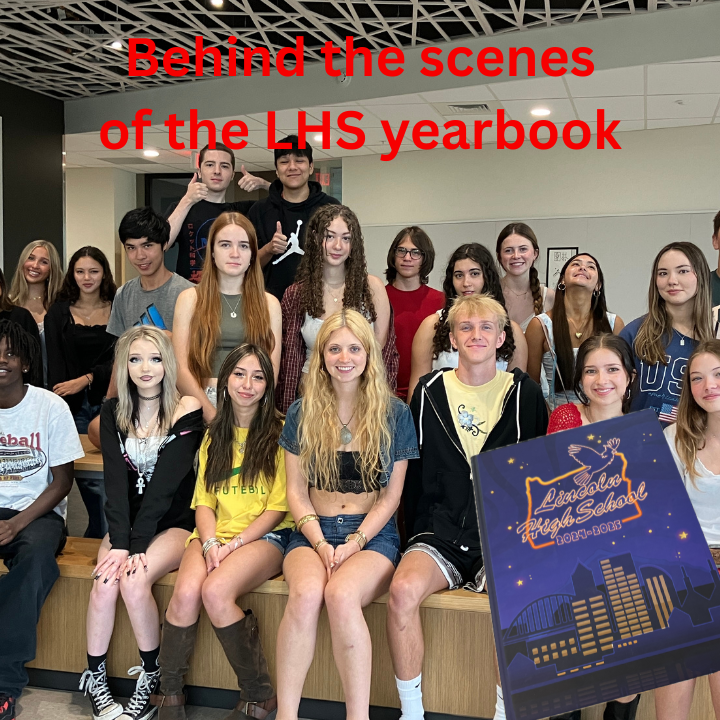Pension reform protests in France spark questions about social security in the United States
Protesters in Paris wearing the orange vest of the CFDT, a major labor union in France.
April 20, 2023
On March 16, French President Emanuel Macron passed a highly disputed reform set to raise the retirement age in France from 62 to 64. Utilizing constitutional article 46.3, he was able to pass the reform without the approval of the lower branch of French Parliament. Since then, organized protests of worker and student unions have taken to the streets in protest of the reform that is perceived by many as a threat to the security of senior citizens in their country.
Junior Max Sommer feels that the protests in France have a wider scope than just the pension reforms.
“Especially for older citizens, having worked 40 years of your life, and then suddenly having the goalpost [for retirement] moved, […] I’d also be very angry,” said Sommer.
Government benefits for elderly citizens in the United States could also be at risk. A 2022 report from the board of Social Security trustees found that if Congress does not allocate more funding towards social security, retirees will only receive 77% percent of their current benefits after 2034.
Social Science teacher Rion Roberts and Sommer don’t foresee a similar response in the United States to threats to social security, citing both systematic and ideological differences between the two countries.
“[In the] United States, we often put those [issues] off into the future, […] versus in France, when there are changes to the functioning of the pension system, people know that this is going to impact them, because they’re very intuitive, very informed and also have a holistic idea about expectations of life,” said Roberts.
Sommer agrees, and points to lack of unity between workers unions and student activists as an issue in the US.
“In France, the major trade [and student] unions are calling for a strike. All of France is partaking. Whereas in the US, if there’s any activism that is going to be coming from the students, there isn’t a labor movement behind,” said Sommer.
Both Roberts and Sommer believe that social security is an issue that Lincoln students should consider, even with retirement being far off in the future.
“The ability for Lincoln students in the future to get good jobs […], and when they retire, to eventually to have a good retirement is going to be significantly impacted by current events,” said Sommer.
Roberts thinks back to instances of student activism throughout Portland Public Schools around social and global issues.
“You’re all very forward thinking,” said Roberts. “I would think that [Lincoln students] can understand that Social Security is actually an aspect of those issues that are a necessary to secure, for the safety and stability for all peoples,”




